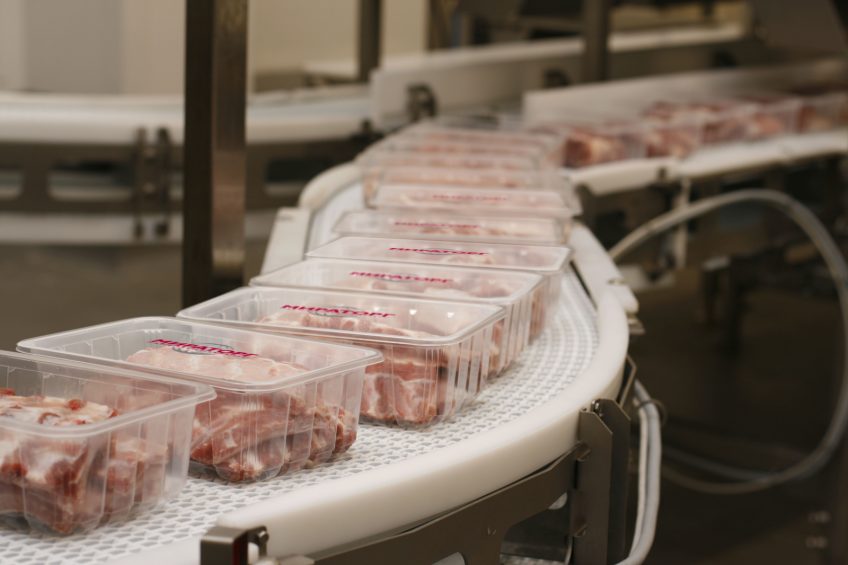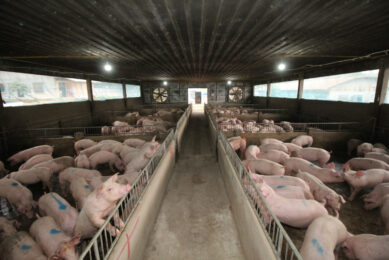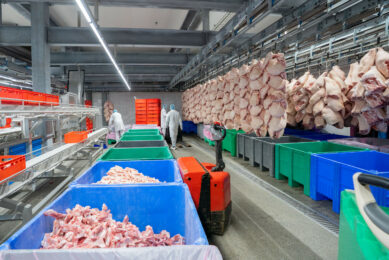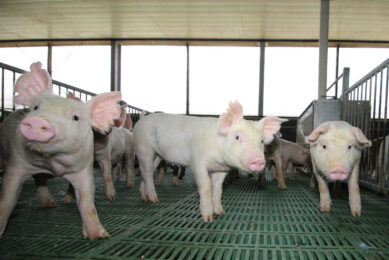Miratorg aiming for double meat output by 2020

Russian pork giant Miratorg aims to double its meat production from a forecasted 500,000 tonnes in 2016 to 1 million tonnes in 2020. The investments should boost turnover to US$ 4-5 billion, being currently US$1.8 billion.
For a large part, the increased meat output should be sold on the domestic market, Miratorg aims for an increase by about 400,000 tonnes.
2016 pork figures
In first quarter of 2016, Miratorg produced 99,000 tonnes of pork, a 6% year-on-year increase. The company states that its main emphasis has been on efficiency improvement, pig feeding efficiency and cost reduction.
This should all lead to a competitive advantage over Russian pork producers. In a company press release, Miratorg CEO Viktor Linnik estimated that, by 2020, this competition will have led to the disappearance of dozens of ineffective producers, together producing about 1 million tonnes of pork per year.
Improving of efficiency and several other measures for reduction of market price, including development of company’s own retail chain, will let company to feel comfortable in the coming competitive war at the pork market, as with the reduction of pork consumption among Russians over recent two years it already now closed to saturation.
Focus on Asia
Linnik said that implementation of these plans will also provide a significant increase of export supplies, which should be increased ten-fold in this timeframe. Currently about 5% of overall production is exported, being about 25,000 tonnes in 2016. In 2020, the company aims for 250,000 tonnes.
China: accounting for half exports
Linnik explained that in the last 5 years, Miratorg executives and Russian officials have regularly paid visits to China in order to lobby for the annulment of trade barriers for Russian pork.
Should this indeed be the case, then Miratorg management estimates that by 2020, China could account for half of the company’s meat exports (roughly 125,000 tonnes). Until now, the company has reached this market indirectly via Hong Kong (about 2,000 tonnes per month). Even without the lifting of trade barriers, the company hopes to triple this figure in 2016.
Pork exports to Asia
The remainder of pork exports to Asia should go to e.g. Vietnam, Thailand and the Philippines. The weak rouble should be a factor supporting export development, Linnik said, as its devaluation reduced the cost of Russian pork in hard currency nearly by two in recent years.
In 2015, Miratorg received permission to export meat to Iran, the United Arab Emirates – mostly useful for poultry exports.











